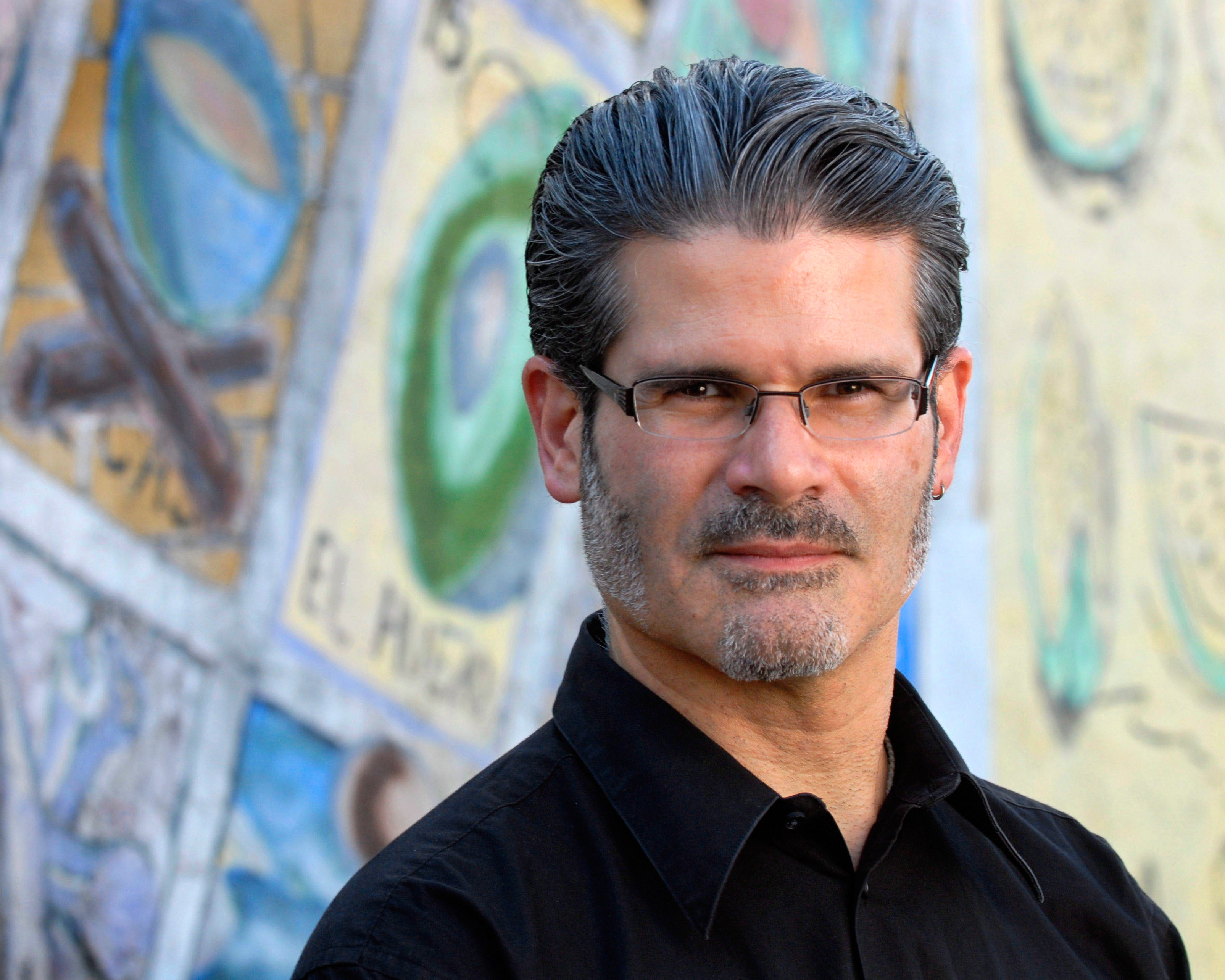“Thermal Gestures:” A Review of W.S. Graham, NYRB Poets Series
Graham is not a poet of language so much a poet of mark and gesture. His fundamental unit of work is not the word but the expressive stroke. That is to say: he’s just another Cornish Expressionist, like his friends.
“Thermal Gestures:” A Review of W.S. Graham, NYRB Poets Series Read More »
Graham is not a poet of language so much a poet of mark and gesture. His fundamental unit of work is not the word but the expressive stroke. That is to say: he’s just another Cornish Expressionist, like his friends.






